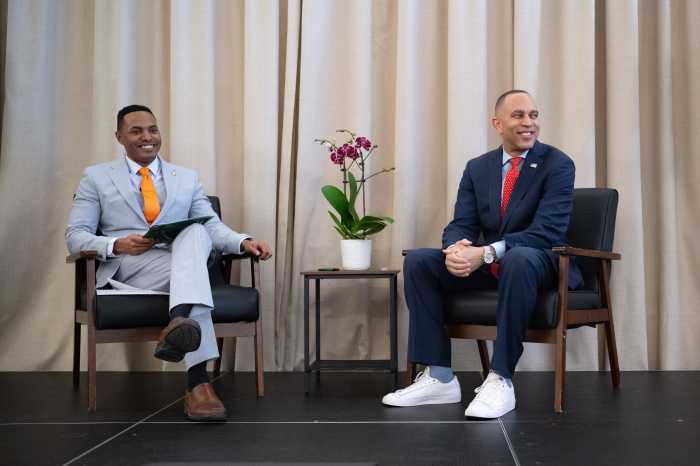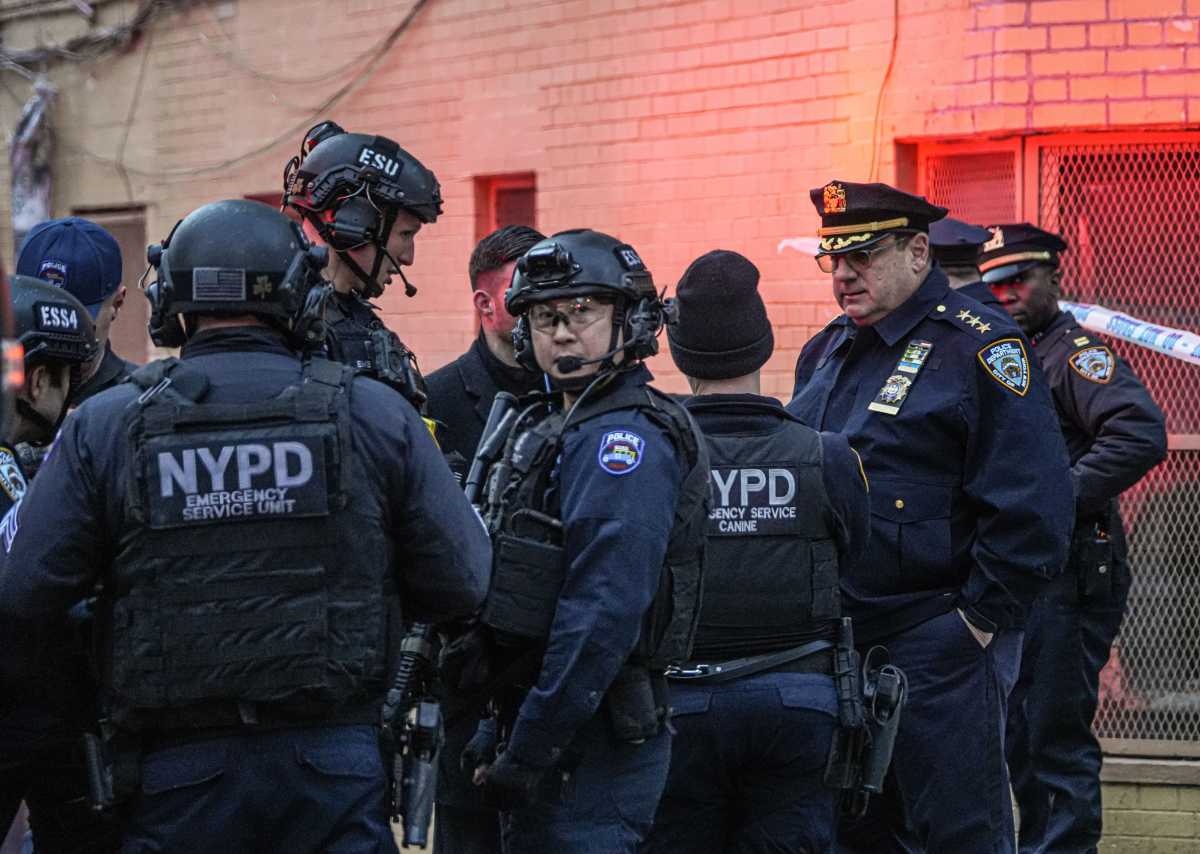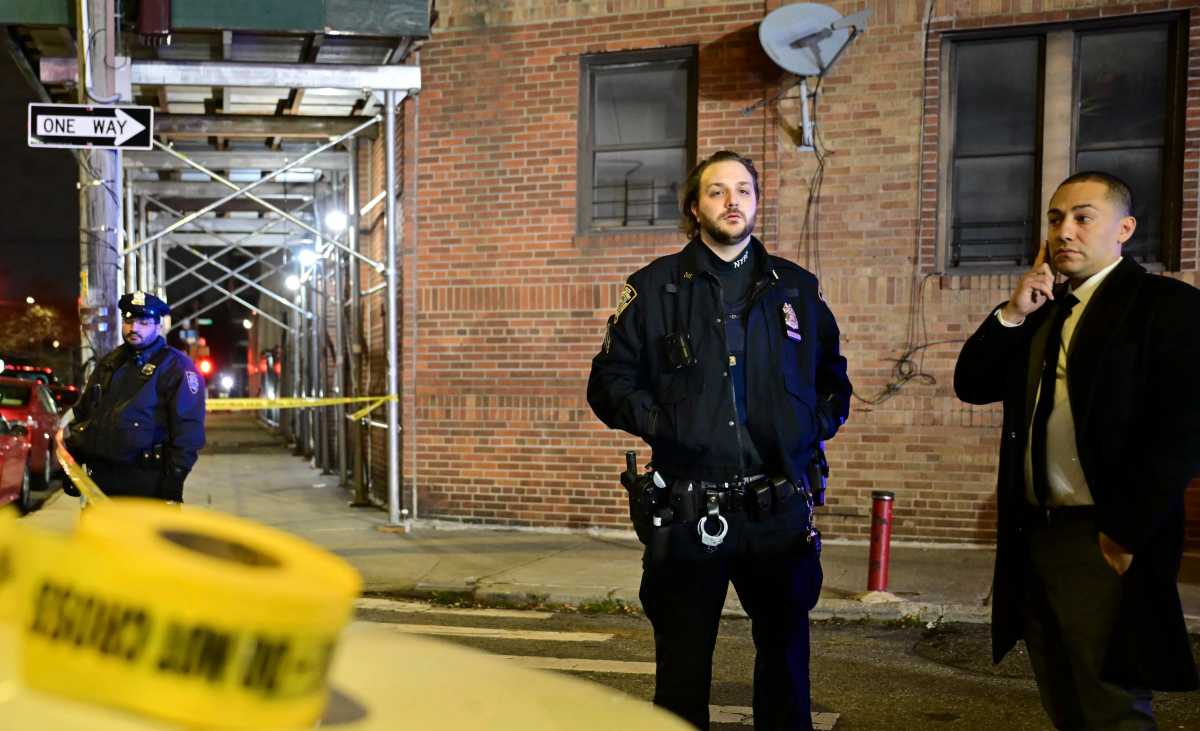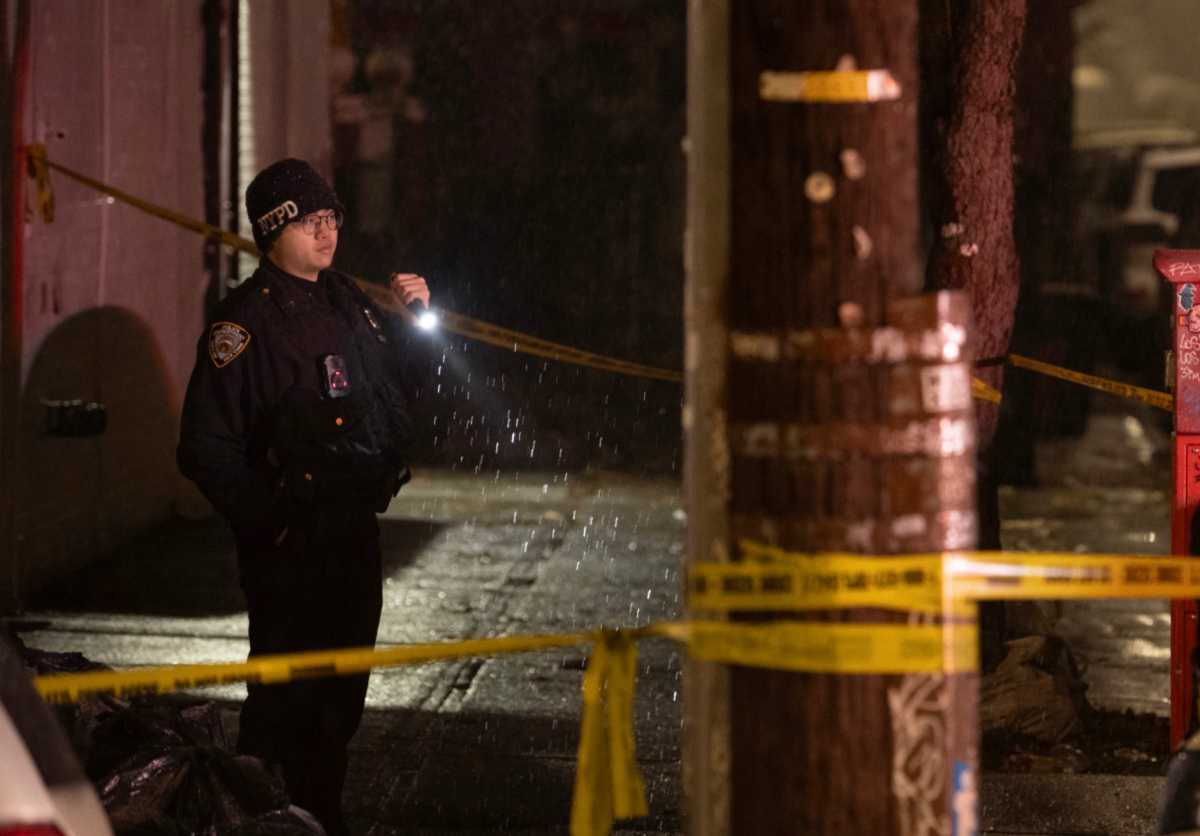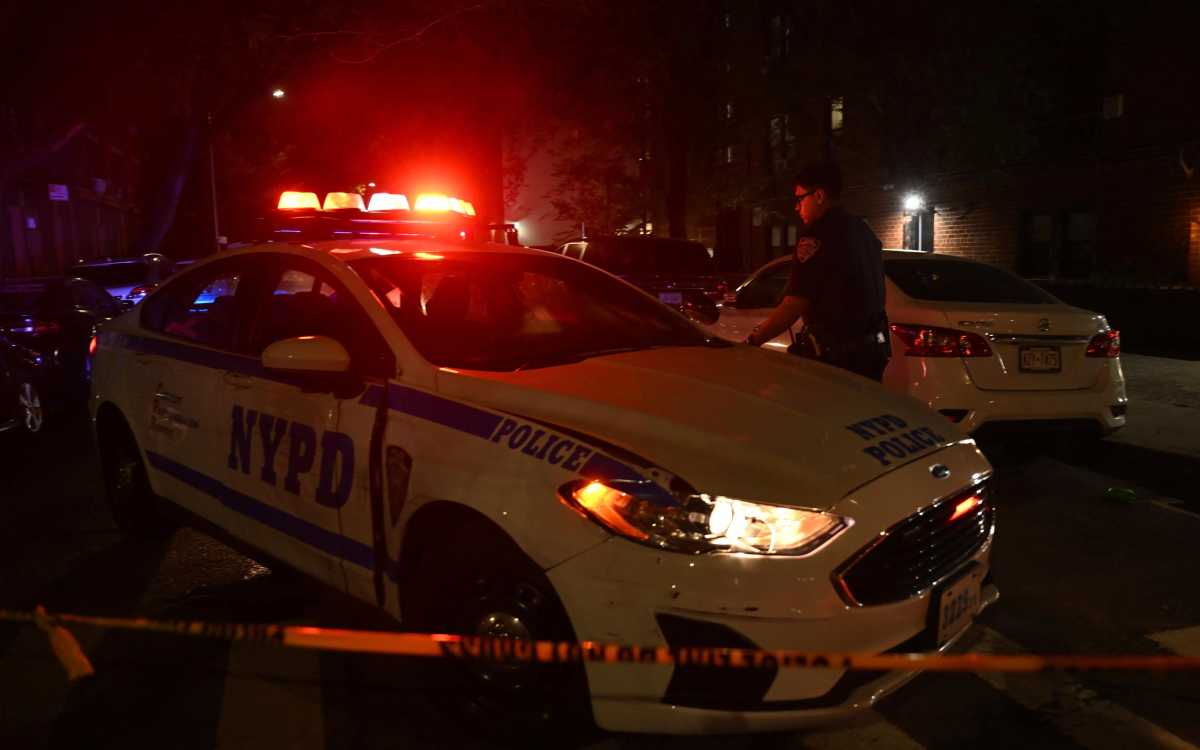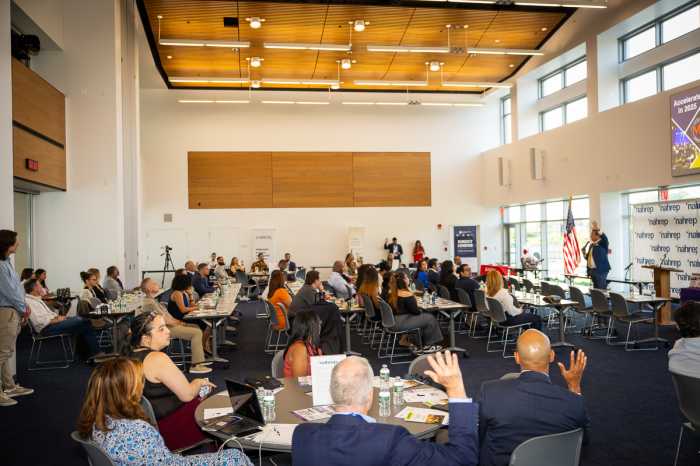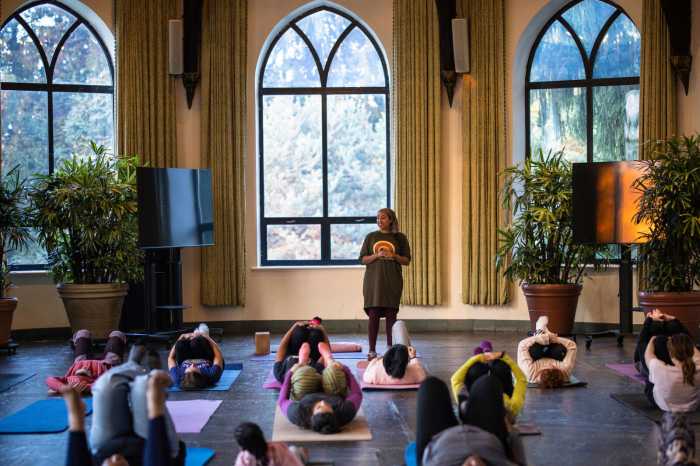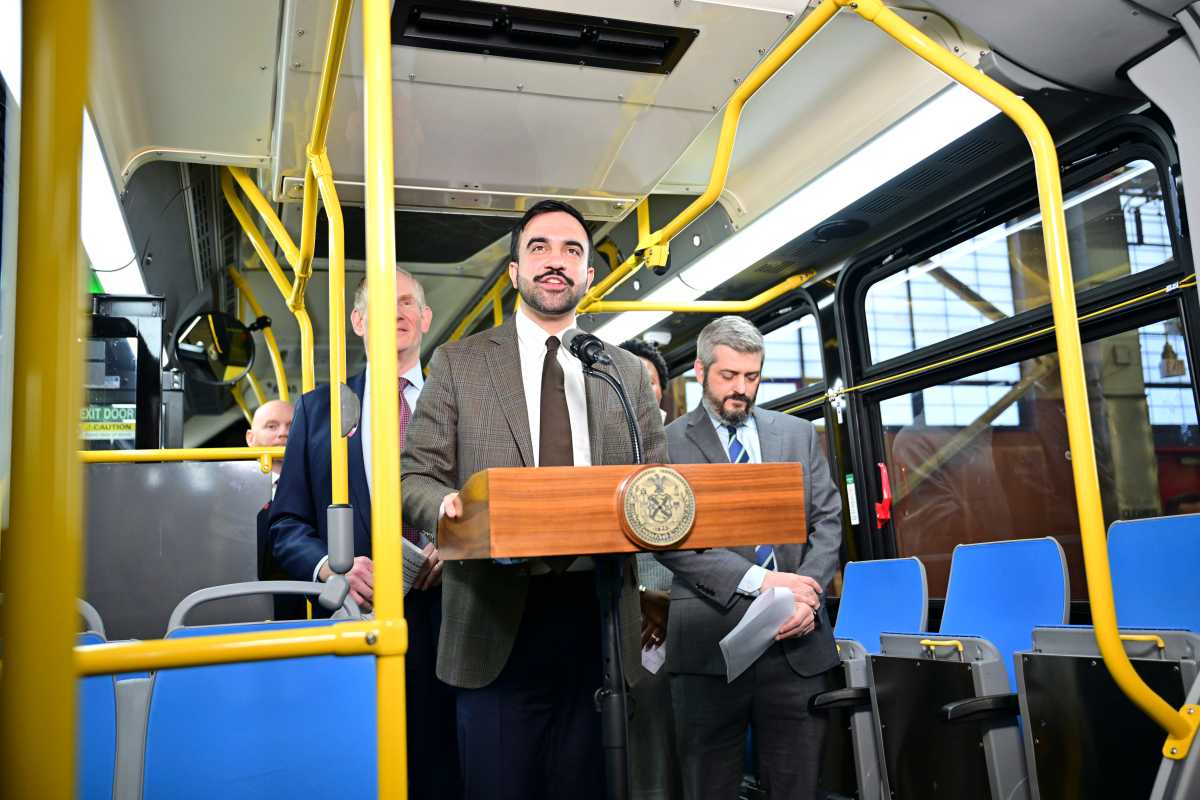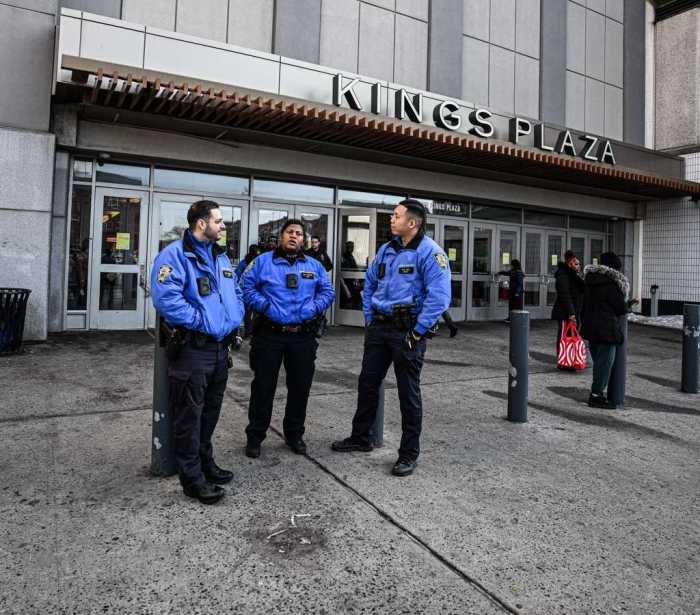Queer and transgender residents of the Bronx, along with their families, expressed concern following the Supreme Court’s June decision to uphold Tennessee’s ban on gender-affirming care for minors.
Many feared the ruling signaled growing momentum for policies rooted in the anti-trans ideology they associate with the Trump administration.
Lina Cohen, a Bronx resident and trans rights advocate, told the Bronx Times that they were devastated, but not particularly surprised by the news.
“ It feels like we know these things are coming because the government is not especially on our side,” Cohen said. “This administration is not on our side and basically wants to erase our personhood. So, it’s depressing and it’s very scary.”
On Wednesday, June 18 the Supreme Court ruled that a law banning medical providers from treating transgender patients under the age of 18 with hormone replacement therapies and puberty blockers did not violate trans youth’s right to equal protection under the 14th Amendment.
Gender affirming care for trans youth, which is widely endorsed by medical associations, is legal and protected under a New York State shield law. But executive orders issued in the early days of the Trump administration threatened to withhold federal funding from states that allow medical providers to treat transgender youth with puberty blockers and hormone replacement therapy.
Supporters of the bans argue that minors are not mature enough to make medical decisions that could have potential, long term side effects which may impact fertility.
However, much of the language used in the text of such legislation, including the Tennessee ban, often includes information not supported by scientific research, like the assertion that delaying puberty and socially transitioning is emotionally harmful to minors. Scientific research, according to the Endocrine Society, shows that transgender youth and adolescents are less likely to have lifelong suicidal ideations when allowed to access gender affirming care before going through puberty,
Combined with the Supreme Court’s decision to uphold the Tennessee ban, the future of gender affirming care across the United States is on uncertain footing and LGBTQ Bronxites are on high alert. Advocates like Cohen are finding strength through resistance.
“ I think that our community organizing is what keeps us all going,” they said. “And knowing that we’re not all alone.”
Some LGBTQ+ leaders in the Bronx told the Bronx Times that they felt the principles of the constitution were not being fairly applied to all people. Nicco Diaz, a poet, playwright and community organizer said that it was “interesting” that the federal government was protective of peoples’ rights to own weapons, but openly averse to bodily autonomy.
”I can’t be myself in my body— I can’t feel at home in my body because the state is telling me this,” Diaz said. “So, there’s just a lot of hypocrisies that need to be remedied and it’s like they’re cherry-picking issues. So, I’m outraged by what the Supreme Court has done and, we need to do better as a country.”
Lazara Paz-Gonzalez,—the Senior Director of Youth Services at the Hetrick-Martin Institute (HMI) which provides free, year-round services to LGBTQ+ young people in all five boroughs—told the Bronx Times that since the Supreme Court’s decision, HMI has seen a rise in young people reaching out.
“We’ve seen an uptick in folks who are experiencing fear, anxiety, depression,” Paz-Gonzalez said. “Where it’s already existing in our community, it’s been two and threefold because of what we’re seeing happening politically.”
Paz-Gonzalez said the anxiety extends to medical providers too.
“ I know providers who have at some point or another said ‘we are in jeopardy, we’re not sure what’s going to happen from a federal landscape,’” she said.
But Paz-Gonzalez said that regardless of the anti-trans attacks coming from the White House or Congress, HMI will continue to advocate for and offer gender affirming services to trans youth in the Bronx and the city.
LGBTQ+ Bronxites are also creating safe spaces to support one another. Kelly Kaboom, a prominent drag queen and 2025 Pride leader, said she welcomes anyone who needs support or to connect with the community into her home.
“ I give guidance, I try to help,” she said. “If anybody wants to ever come over and have a conversation or just to sit there, and if somebody needs a place to stay, I always open up my home. I usually do big cookouts every summer for the community, so that way whoever wants to eat, they can come and eat.”
She said that she was “shocked” and in “disbelief” that the government and the Supreme Court decided to concern itself with the personal lives of trans people who aren’t harming anyone by simply existing.
“ We’re not bothering anybody,” she said. “Leave us alone. We are just here like anybody else doing the same thing, just like anybody else. So, why do we have to pick on us? It’s not fair.”



